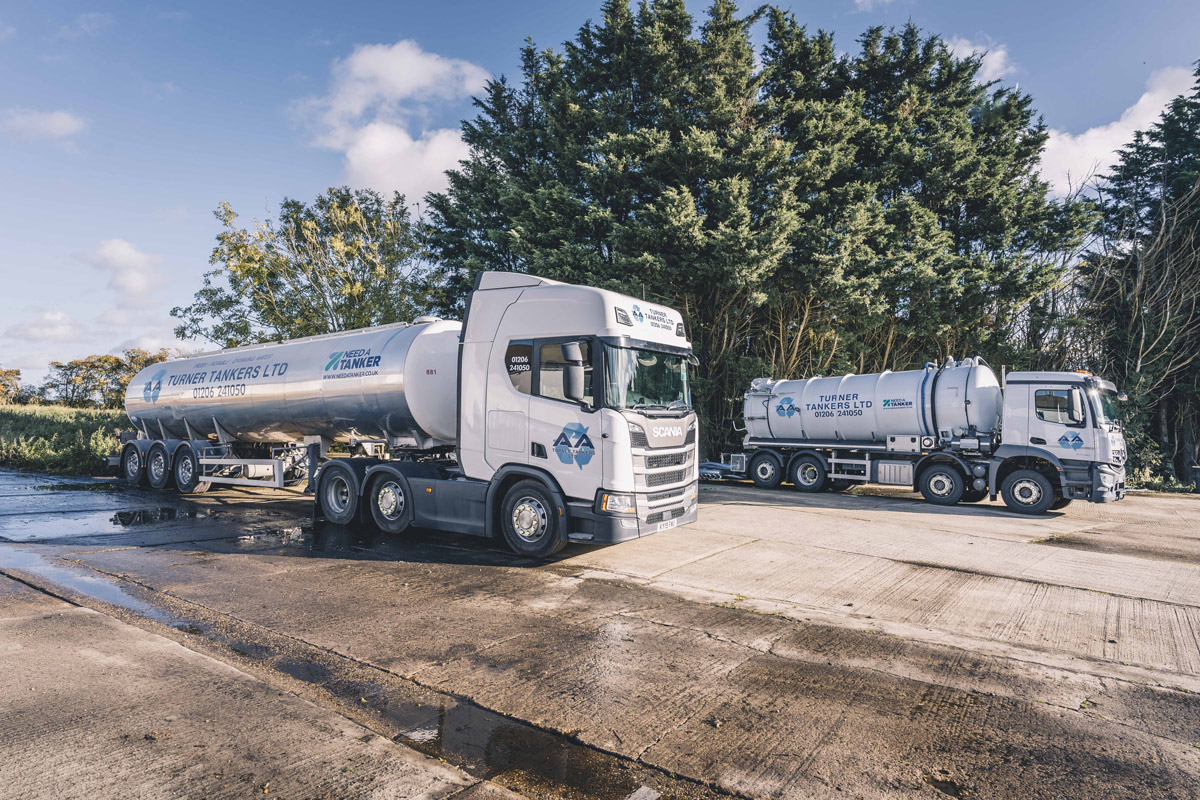All About Reclaim Waste
Table of ContentsExamine This Report about Reclaim WasteThe Facts About Reclaim Waste UncoveredThe smart Trick of Reclaim Waste That Nobody is Talking AboutEverything about Reclaim WasteUnknown Facts About Reclaim Waste
Explore the kinds, events, and types of liquid waste. Residential sewage waste describes the waste and items from a residential septic system. This kind of waste is produced by humans in homes, institutions, and other buildings. This only consists of sewage-disposal tanks that have a drainpipe field. The appropriate management and disposal of residential sewer waste call for fluid waste to be transferred to a sewage therapy plant where the appropriate methods and tools are put on detoxify and take care of waste.
Industrial waste often includes possible hazards, such as combustible products or a blend of fluid and strong waste items, and requires a much more sophisticated and comprehensive disposal procedure. The disposal of business waste generally entails the filtration of waste before transportation to ensure secure and appropriate disposal. Industrial waste is created from by-products and drainage of commercial procedures and manufacturing.
This sort of waste can not make use of the exact same sewer management transport or procedures as septic or business fluids. The commercial waste monitoring process needs the evaluation and testing of liquid waste prior to it undertakes the disposal procedure (liquid waste removal). Runoff waste is the fluid waste that originates from overflow and excess stormwater in highly populated areas or cities
Overflow waste can trigger contamination and flooding if not dealt with appropriately. Ensuring proper waste monitoring can prevent disasters and reduce environmental injury.
The Ultimate Guide To Reclaim Waste
Contact PROS Solutions today to discover our waste monitoring and disposal solutions and the correct means to take care of the liquid waste you generate.
(https://leonaube33101.wixsite.com/reclaim-waste/post/effective-liquid-waste-removal-and-disposal-everything-you-need-to-know)Do you know what occurs to your water when you end, purge the toilet or drain the cleaning machine? No? Well, it's worth understanding. This so-called 'wastewater' is not just an essential resource yet, after therapy, will certainly be launched to our land, rivers or the sea. Utilized water from commodes, showers, bathrooms, cooking area sinks, laundries and industrial procedures is called wastewater.

water made use of to cool machinery or tidy plant and tools). Stormwater, a type of wastewater, is have a peek at these guys runoff that streams from agricultural and urban areas such as roofings, parks, yards, roadways, courses and gutters into stormwater drains, after rainfall. Stormwater streams unattended straight to local creeks or rivers, eventually getting to the sea.
Facts About Reclaim Waste Uncovered
In Queensland, most wastewater is treated at sewer therapy plants. Wastewater is moved from residential or commercial websites with a system of drains and pump terminals, referred to as sewage reticulation, to a sewer therapy plant. Regional federal governments construct, keep and operate most sewage therapy plants. Operators are licensed under the Environmental Management Act 1994 to release treated wastewater at an acceptable environmental standard into rivers.
The Division of Natural Resources advises city governments regarding managing, operating and keeping sewage systems and treatment plants. In unsewered locations, neighborhood governments may call for homeowners to set up specific or home sewage therapy systems to deal with residential wastewater from toilets, cooking areas, shower rooms and laundries. The Department of Natural Resources authorizes the use of household systems when they are confirmed to be effective.
In some brand-new subdivisions, treatment of some stormwater to remove litter, sand and gravel has begun making use of gross toxin traps. Wastewater therapy happens in four phases: Removes strong issue.
Utilizes tiny living organisms understands as micro-organisms to damage down and get rid of staying dissolved wastes and fine particles. Micro-organisms and wastes are integrated in the sludge.
The Greatest Guide To Reclaim Waste
Nutrient elimination is not readily available at all sewer treatment plants because it requires pricey specialised equipment. Clear liquid effluent generated after treatment may still have disease-causing micro-organisms - liquid waste disposal.

This usually suggests wastewater has actually to be dealt with or contaminants gotten rid of prior to it can be discharged to rivers. Most wastewater streams right into the sewerage system. Under the Act, city governments administer authorizations and licences for eco pertinent activities (Ages) including wastewater releases that might have a regional effect. The department provides authorizations and permits to ERAs entailing wastewater launches that could have a local or statewide impact.
Not known Factual Statements About Reclaim Waste
Tracking supplies factual information concerning water top quality and can confirm that licence conditions are being fulfilled. The details gotten through monitoring offers the basis for making water top quality decisions.